
The African Centre for International Law and Accountability says the President has no power to appoint an acting EC boss over the raging controversy, despite persistent calls by pressure groups.
The think-tank said although the President can suspend the EC boss Charlotte Osei and her two deputies, he cannot appoint an acting chairperson.
Executive Director of ACILA, William Nyarko told Joy News the Electoral Commission Act does not give President Nana Addo Dankwa Akufo-Addo the power to appoint an interim EC boss in the face of allegations.
There are calls for the President to appoint an EC chairperson to supervise the implementation of the Commission’s time-table which could be affected by the ongoing infighting.
The EC boss Charlotte and two of her deputies, Mrs Georgina Opoku Amankwaah and Amadu Sulley, have been trading accusations and counter-accusations in the media.
There is a petition before the Chief Justice, Sophia Akuffo filed against Mrs Osei by some ‘Concerned Staff’ of the Commission in which they raised issues of financial malfeasance and cases of administrative incompetence.
In her response to the petition, the EC boss roped in Mrs Amankwaah and Mr Sulley accusing them of engaging in acts that flout the law.
Mrs Amankwaah, who is the deputy in charge of Corporate Services, refuted claims made against her by her boss. She blamed Mrs Osei for the challenges the Commission is facing.
Two separate petitions have also been filed against Mrs Amankwaah and Mr Sulley by a private individual Emmanuel Korsi Senyo who is also demanding their removal.
Wading in the matter, two democratic think-tanks, the Institute for Democratic Governance (IDEG) and The Civic Forum Initiative called on the President to appoint an acting Chairperson while investigations of the three continue.
But ACILA said any attempt to appoint an acting EC boss will amount to an illegality since it has no backing in the law.
Mr Nyarko said, even if the CJ is able to establish a prima facie case in the matter, Mrs Osei will still be at post until a determination is made against her.
“If the prima facie case is not established, everything will be fine,” he said.
Read Full Story
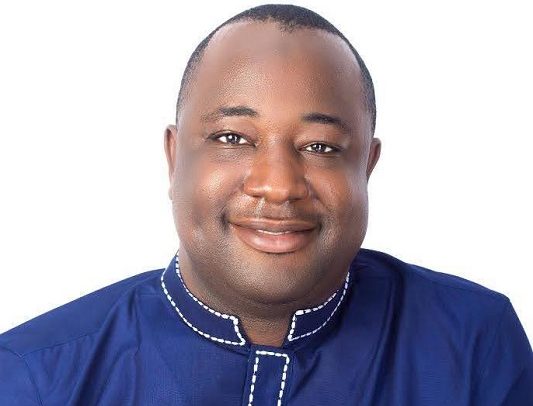

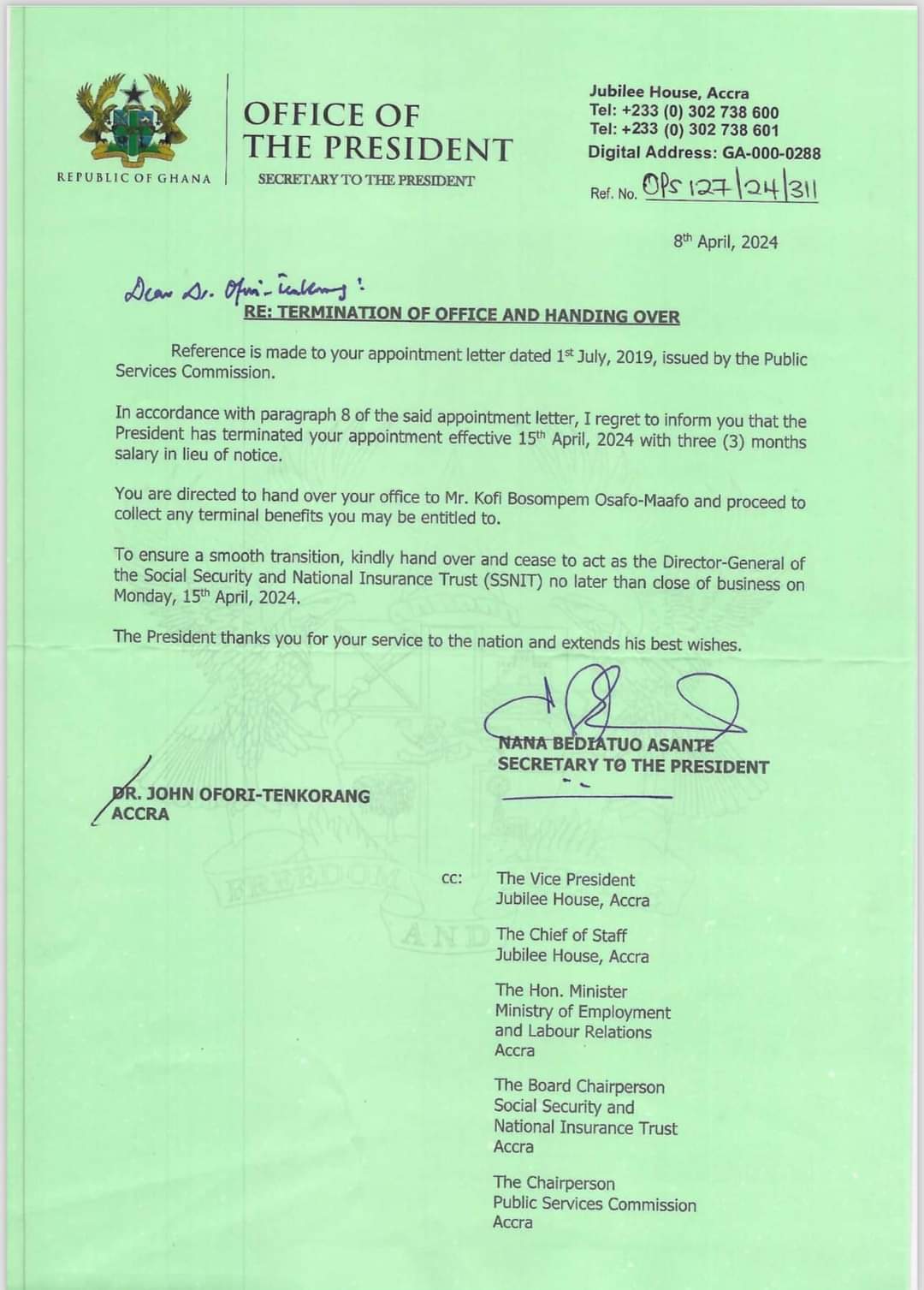

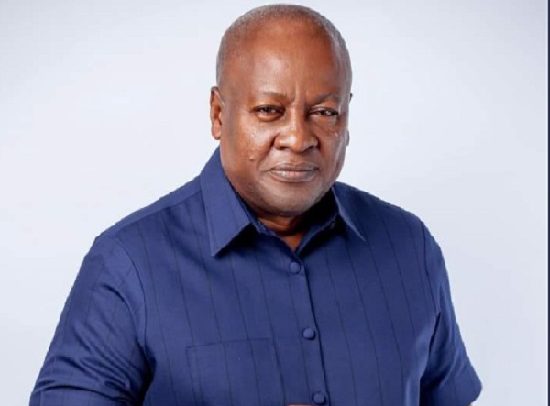




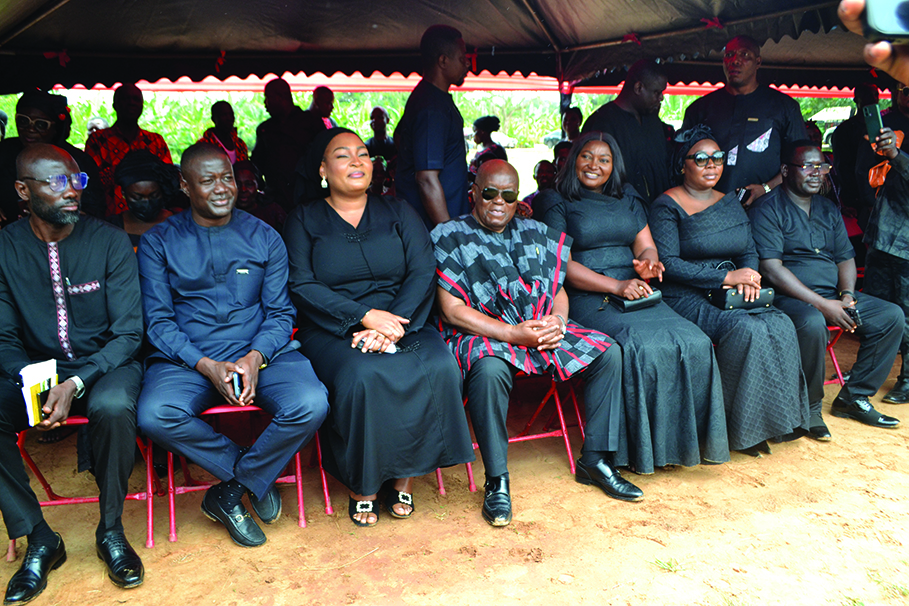
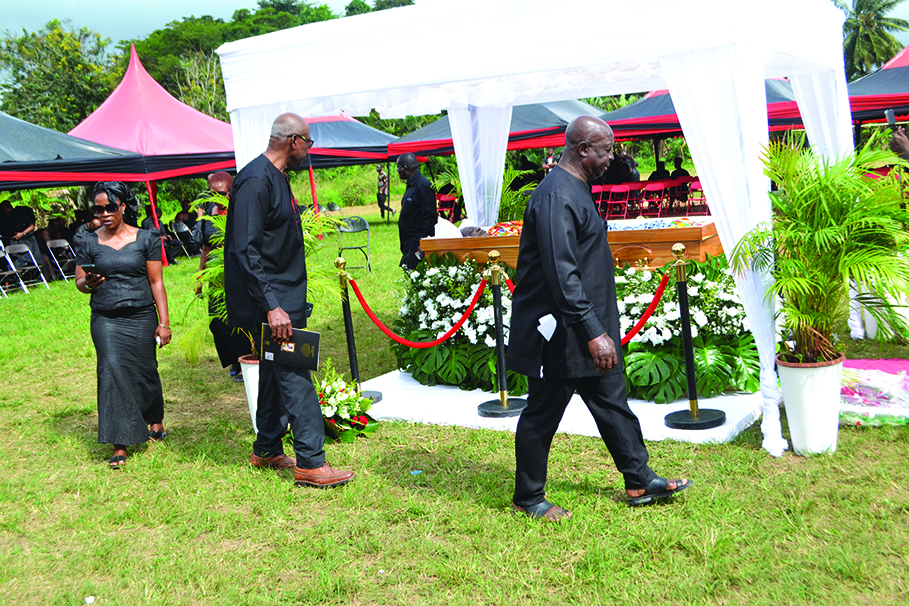





Facebook
Twitter
Pinterest
Instagram
Google+
YouTube
LinkedIn
RSS